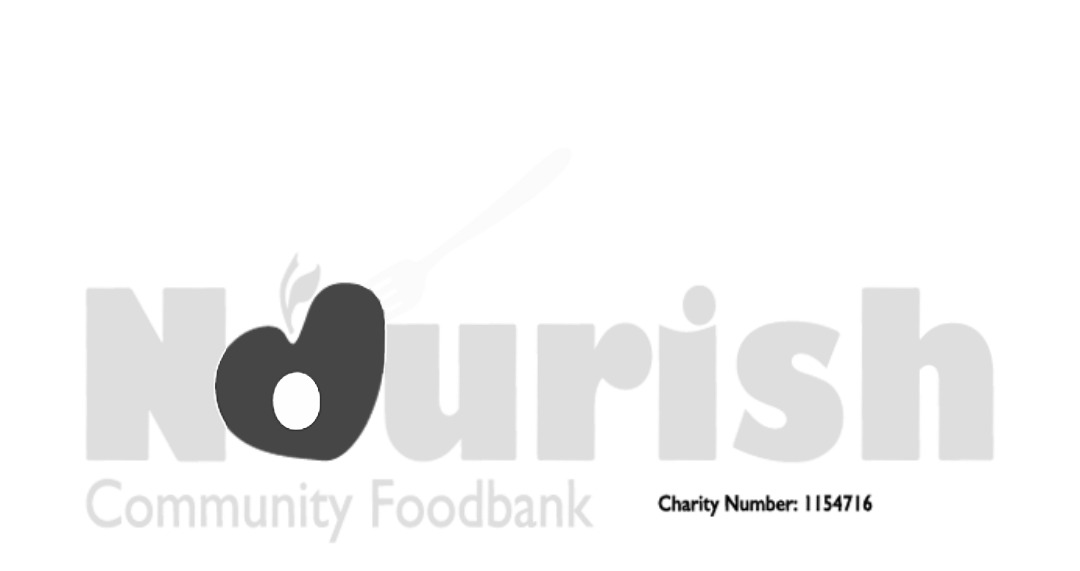Carillion Collapse and Credit Control – what can we learn?
Carillion Collapse and Credit Control – what can we learn?
The collapse of Carillion last week was not only a huge blow to the economy but also proved to be devastating to many small businesses. It’s like a stone being thrown into a water; there is a large plop as it lands but then the ripples go out so that in the end all the water is disrupted! Yes, the indications were there that this business was indeed in trouble but how many of those small businesses that had credit lines with Carillion noticed; not many considering the reports in the news.
What, as small businesses can we do to protect ourselves from such a situation? Whether we deal with large business or have a significant smaller client, the threat of a bad debt is always present, and it only takes one to seriously jeopardise the stability of any company. Credit Control is very much a skill of its own and M:Power Accounting has had years of experience in this field. Over the next two weeks I’m going to give you some pointers on how you can reduce the threat of bad debt. In this article we’ll look at what you can do to protect yourself and then next week we’ll explore the actions necessary when it looks like it’s going wrong.
Here are my five pointers for effect credit control:
- Make sure you check out the businesses you deal with. It doesn’t need to be an expensive credit check. Read the press, locally or nationally, use the Companies House free web-check, ask around and also check out their website. There will often be clues if a company is facing difficulty and with a little research you will be able to uncover these.
- Get the company details recorded correctly. Company name, registration number, address etc. If you need to chase a debt through the courts it is imperative that you have correctly invoiced the company and any error will make it difficult to purse a potential debt through the courts.
- Build a relationship with the client. This can be directly with the owner, or in the case of larger organisations, a significant employee. I’ve always worked hard to make friends with the accounts administrators, they may not be able to approve a payment but often the Director who can will listen to their input. Make sure you know what authority the person has; if they can approve payments or will be able to elevate you invoice to the decision maker they are worth making friends with.
- Always send statements monthly. With modern software this task only takes minutes but can be very effective. Also, if you have to elevate to a legal claim evidence that you’ve properly pursued your debt is very influential. It’s no good leaving it for three months and then just issuing court proceedings.
- Always have a note on your invoice regarding your policy on payment.
Two notes I would add to invoices are – “Any disputes regarding this invoice need to be raised within 5 working days”
You can change the timescale to suit your business but the important issue here is that it means that they can’t dispute the invoice when you chase it in a months time, a classic way for a client to avoid payment.
“We reserve the right to charge interest on any outstanding amounts at the rate of 8% above bank base rate per annum under the Late Payment of Commercial Debts (Interest) Act 1998. Such interest will begin to accrue from 30 days of this invoice. We also reserve the right to seek compensation for any debt recovery costs incurred if this invoice is not paid to terms”
Again, write the terms to suit your business but by including this term you can charge interest on overdue debt and is often enough to put potential bad payers off.
By taking these actions you are basically creating a culture that expects payment. Clients that know they can skip your payment and get away with it will do so; if they understand that you don’t tolerate non payment you find that your payment goes up to the top of the list!
Next week I’ll give you some hints on what to do when you are concerned that one of your clients can’t pay.









